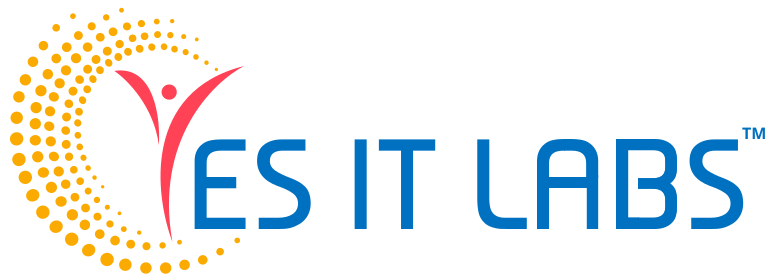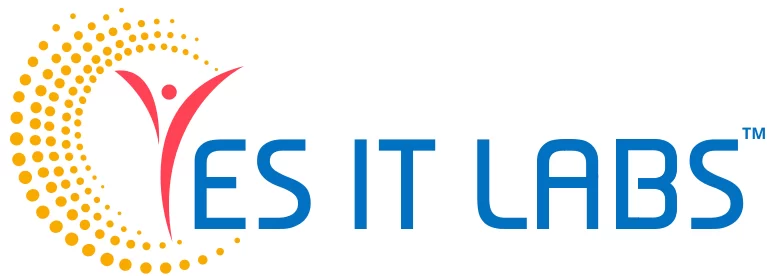Introduction:
In today’s data-driven world, information is more valuable than ever. Whether you’re a small business or a large enterprise, effectively managing your data can make all the difference in your success. That’s where Database Management Systems (DBMS) come into play. In this blog post, we’ll explore what DBMS is, why it’s essential, and how it can benefit your business.
What is a Database Management System (DBMS)?
At its core, a Database Management System (DBMS) is software designed to efficiently store, retrieve, and manage data. It acts as the backbone of your organization’s data infrastructure, allowing you to organize and manipulate information in a structured way. Here’s a breakdown of its key components and functionalities:
- Data Storage: DBMS systems store data in a structured manner, using tables, rows, and columns, which makes it easy to access and manipulate information.
- Data Retrieval: With DBMS, you can quickly retrieve specific data, perform complex queries, and filter information based on various criteria.
- Data Security: DBMS provides robust security features to protect your sensitive data, including user authentication, access control, and encryption.
- Data Integrity: It ensures data consistency and accuracy by enforcing constraints and rules on the stored data.
Why DBMS Matters for Your Business:
Now that we understand what a DBMS is, let’s dive into why it’s crucial for your business:
- Data Organization: A well-structured DBMS helps you organize your data efficiently, making it easier to find and use the information you need for decision-making.
- Improved Data Access: DBMS systems enable quick and reliable data retrieval, saving your organization time and resources.
- Enhanced Data Security: Protect your valuable data from unauthorized access and ensure compliance with data privacy regulations.
- Scalability: As your business grows, DBMS can scale with you, accommodating increased data volumes and users.
- Reduced Data Redundancy: Minimize data duplication and inconsistencies, leading to more accurate and reliable information.
Types of DBMS:
There are various types of DBMS, including:
- Relational DBMS (RDBMS): Organizes data into tables with relationships between them. Examples include MySQL, PostgreSQL, and Microsoft SQL Server.
- NoSQL DBMS: Suited for unstructured or semi-structured data and can handle large volumes efficiently. Examples include MongoDB and Cassandra.
- In-Memory DBMS: Stores data in the computer’s main memory for lightning-fast access. Examples include Redis and Apache Ignite.
Conclusion:
In the age of information, managing your data effectively is non-negotiable. A robust Database Management System (DBMS) empowers your business with organized, secure, and accessible data. Whether you’re a startup or a seasoned enterprise, investing in the right DBMS can propel your organization to new heights.
At Yes IT Labs, we understand the significance of DBMS in modern business operations. Our expert team can help you choose, implement, and manage the ideal DBMS solution tailored to your unique needs. Don’t miss out on the power of data—contact us today to unlock its full potential for your business.
For more information and expert guidance on Database Management Systems, visit YES IT Labs






